The Minister opened proceedings at Africa Oil Week 2019
Introduction
Fellow Ministers, responsible for energy, petroleum and mineral resources; Senior Officials of Governments and State-Owned Entities Owners, Producers and Investors in the industry Honorary Guest and Dignitaries, Ladies and Gentlemen, welcome to South Africa.
I am honoured to be amongst many of my colleagues, fellow Ministers responsible for Energy, Petroleum and Mineral Resources. It is gratifying to see that we continue to derive value from the Africa Oil Week.
Blueprint for electricity infrastructure
On the 16th October 2019, our Cabinet approved the Integrated Resource Plan (IRP 2019) for promulgation as an update on the electricity supply blueprint for South Africa.
The IRP identifies the preferred generation technology mix required to meet expected electricity demand growth up to 2030. Our electricity planning philosophy aims to ensure energy security, at the same time, minimise costs and meet our environmental commitments.
The IRP is used to roll out electricity infrastructure development in line with Ministerial Determinations that are issued under Section 34 of the Electricity Regulation Act. The Ministerial Determinations give effect to planned infrastructure by facilitating the procurement of the required electricity capacity.
Energy infrastructure is key to economic activity and growth, and must be robust and extensive to meet industrial, commercial and household needs. The planning framework must be dynamic and updated regularly to keep abreast of new developments in the energy sector.
South Africa’s energy generation landscape is evolving. Old assumptions should give way. For example, demand is not captive to the national grid; costs are declining as a result of technology advancements; and our national utility Eskom is being restructured into its regulated functions of generation, transmission and distribution.
Coal will continue to play a significant role in electricity generation. We have a more than thirty-thousand-megawatt portfolio of existing power plants; and the abundance of the resource. New investments will be directed towards more efficient coal technologies (High Efficiency Low Emission), including underground coal gasification, Carbon Capture and Storage, to enable us to continue using our coal resources in an environmentally responsible way
The IRP 2019 provides for the extension of the design life of Koeberg as well as additional new nuclear capacity in the future. Nuclear technology is a clean source of energy. Globally, there is a shift towards the development of small modular reactors; considered to be a manageable investment compared to a large fleet approach. In the light of intended decommissioning, urgent planning for additional nuclear capacity will be done at a pace, scale and cost affordable to the country.
The IRP 2019 continues to make provision for significant rollout of renewable energy and storage. Combined with storage, renewables offer an opportunity to produce distributed power closer to where demand is; and to provide off-grid electricity to far-flung areas of the country. South Africa also possesses high-grade resources in, at least, six key commodities - that is; vanadium, platinum, palladium, nickel, manganese, rare earths, copper and cobalt - critical in the global energy storage sector. These resources present a huge potential for the creation of new industries and localization across the value chain.
In support of regional integration and energy trading, South Africa signed a Treaty for the development of the Grand Inga Project in the Democratic Republic of Congo (DRC). Some of the power is intended for transmission to South Africa across DRC, Zambia, Zimbabwe and Botswana. This will provide clean energy and generate regional development; considering the almost absent energy trade between the SADC countries, due to the lack of infrastructure.
Linkages of IRP with hydrocarbons sector
The IRP 2019 makes provision for Gas to Power projects, with gas from year 2024. We intend to establish the first LNG hub in the Coega IDZ, in the Eastern Cape Province. Investors at this conference should take the opportunity to engage with our officials on this matter. Herein is an opportunity not only to invest, but to also help develop the gas industry in this country.
The Coega Special Economic Zone (SEZ) site, the first LNG import terminal, will lay the foundation for new Gas to Power plants. It will also see the conversion of existing power plants from Diesel to Gas. We also intend to use that location as a base for importing feedstock for the Gas to Liquids refinery in Mossel Bay. The framework for supporting this major programme will be announced by my Department in the near term. Linked to this is an amendment to the Gas Act of 2001, which will be tabled in Cabinet soon.
On the Upstream, work is underway on a Petroleum Resources Development Bill, which will be before Cabinet soon.
Gas to power technologies will provide the flexibility required to complement intermittent renewable energy and meet demand during peaking hours. While in the short term the opportunity is to pursue gas import options, local and regional gas resources will allow for scaling up within manageable risk levels. Indigenous gas like coal-bed methane and, ultimately, local recoverable shale and coastal gas are options we are considering.
African Agenda
Africa remains the most energy deficient continent globally. Over 500 Million Africans lack access to modern forms of energy; and are afflicted by indoor pollution and environmental degradation.
Agenda 2063 of the African Union enjoins us to develop Africa’s energy infrastructure where all our countries are connected. Our Oil and Gas needs to be harnessed to deliver modern energy services to all households and businesses. Our Gas must power plants and other petrochemical facilities in our countries, as it reaches for export markets. This will ensure that we do not always import beneficiated hydrocarbons.
On the regional front, we note with great interest and a sense of admiration, the major gas finds in the Eastern part of the continent especially in Mozambique and Tanzania. We remain patently aware that one of the oil companies in South Africa played a pivotal role in the monetization of the earlier gas finds in Mozambique. We remain ready to contribute to the development of the recent finds either through the importation of gas. Earlier this year we also announced hydrocarbon finds by Total and its partners off the Mossel Bay coast. We are confident that this find will spur further interest in the upstream potential of South Africa.
We have taken note global industry shifts and are encouraged that many countries in our continent have set themselves the vision to enter the global gas market and promote the development of a domestic and regional gas market. Natural gas can improve the efficiencies of many industries currently using sub-optimal fuel sources in their production processes and resulting in a turnaround in the industrial capacity and demand in the region.
The energy and mineral resources sectors are catalysts to economic growth. Lowering the cost of energy is critical to the growth of the extractive and manufacturing sectors.
We remain resolute in our conviction about the importance of all energy carriers in our energy mix. We intend to exploit our natural resource endowment to our benefit.
Ladies and Gentlemen, I wish you meaningful and successful engagements in the Conference. I hope the beauty of this city and majestic Table Mountain will provide you with respite if you should be exhausted.
Thank You
Fellow Ministers, responsible for energy, petroleum and mineral resources; Senior Officials of Governments and State-Owned Entities Owners, Producers and Investors in the industry Honorary Guest and Dignitaries, Ladies and Gentlemen, welcome to South Africa.
I am honoured to be amongst many of my colleagues, fellow Ministers responsible for Energy, Petroleum and Mineral Resources. It is gratifying to see that we continue to derive value from the Africa Oil Week.
Blueprint for electricity infrastructure
On the 16th October 2019, our Cabinet approved the Integrated Resource Plan (IRP 2019) for promulgation as an update on the electricity supply blueprint for South Africa.
The IRP identifies the preferred generation technology mix required to meet expected electricity demand growth up to 2030. Our electricity planning philosophy aims to ensure energy security, at the same time, minimise costs and meet our environmental commitments.
The IRP is used to roll out electricity infrastructure development in line with Ministerial Determinations that are issued under Section 34 of the Electricity Regulation Act. The Ministerial Determinations give effect to planned infrastructure by facilitating the procurement of the required electricity capacity.
Energy infrastructure is key to economic activity and growth, and must be robust and extensive to meet industrial, commercial and household needs. The planning framework must be dynamic and updated regularly to keep abreast of new developments in the energy sector.
South Africa’s energy generation landscape is evolving. Old assumptions should give way. For example, demand is not captive to the national grid; costs are declining as a result of technology advancements; and our national utility Eskom is being restructured into its regulated functions of generation, transmission and distribution.
Coal will continue to play a significant role in electricity generation. We have a more than thirty-thousand-megawatt portfolio of existing power plants; and the abundance of the resource. New investments will be directed towards more efficient coal technologies (High Efficiency Low Emission), including underground coal gasification, Carbon Capture and Storage, to enable us to continue using our coal resources in an environmentally responsible way
The IRP 2019 provides for the extension of the design life of Koeberg as well as additional new nuclear capacity in the future. Nuclear technology is a clean source of energy. Globally, there is a shift towards the development of small modular reactors; considered to be a manageable investment compared to a large fleet approach. In the light of intended decommissioning, urgent planning for additional nuclear capacity will be done at a pace, scale and cost affordable to the country.
The IRP 2019 continues to make provision for significant rollout of renewable energy and storage. Combined with storage, renewables offer an opportunity to produce distributed power closer to where demand is; and to provide off-grid electricity to far-flung areas of the country. South Africa also possesses high-grade resources in, at least, six key commodities - that is; vanadium, platinum, palladium, nickel, manganese, rare earths, copper and cobalt - critical in the global energy storage sector. These resources present a huge potential for the creation of new industries and localization across the value chain.
In support of regional integration and energy trading, South Africa signed a Treaty for the development of the Grand Inga Project in the Democratic Republic of Congo (DRC). Some of the power is intended for transmission to South Africa across DRC, Zambia, Zimbabwe and Botswana. This will provide clean energy and generate regional development; considering the almost absent energy trade between the SADC countries, due to the lack of infrastructure.
Linkages of IRP with hydrocarbons sector
The IRP 2019 makes provision for Gas to Power projects, with gas from year 2024. We intend to establish the first LNG hub in the Coega IDZ, in the Eastern Cape Province. Investors at this conference should take the opportunity to engage with our officials on this matter. Herein is an opportunity not only to invest, but to also help develop the gas industry in this country.
The Coega Special Economic Zone (SEZ) site, the first LNG import terminal, will lay the foundation for new Gas to Power plants. It will also see the conversion of existing power plants from Diesel to Gas. We also intend to use that location as a base for importing feedstock for the Gas to Liquids refinery in Mossel Bay. The framework for supporting this major programme will be announced by my Department in the near term. Linked to this is an amendment to the Gas Act of 2001, which will be tabled in Cabinet soon.
On the Upstream, work is underway on a Petroleum Resources Development Bill, which will be before Cabinet soon.
Gas to power technologies will provide the flexibility required to complement intermittent renewable energy and meet demand during peaking hours. While in the short term the opportunity is to pursue gas import options, local and regional gas resources will allow for scaling up within manageable risk levels. Indigenous gas like coal-bed methane and, ultimately, local recoverable shale and coastal gas are options we are considering.
African Agenda
Africa remains the most energy deficient continent globally. Over 500 Million Africans lack access to modern forms of energy; and are afflicted by indoor pollution and environmental degradation.
Agenda 2063 of the African Union enjoins us to develop Africa’s energy infrastructure where all our countries are connected. Our Oil and Gas needs to be harnessed to deliver modern energy services to all households and businesses. Our Gas must power plants and other petrochemical facilities in our countries, as it reaches for export markets. This will ensure that we do not always import beneficiated hydrocarbons.
On the regional front, we note with great interest and a sense of admiration, the major gas finds in the Eastern part of the continent especially in Mozambique and Tanzania. We remain patently aware that one of the oil companies in South Africa played a pivotal role in the monetization of the earlier gas finds in Mozambique. We remain ready to contribute to the development of the recent finds either through the importation of gas. Earlier this year we also announced hydrocarbon finds by Total and its partners off the Mossel Bay coast. We are confident that this find will spur further interest in the upstream potential of South Africa.
We have taken note global industry shifts and are encouraged that many countries in our continent have set themselves the vision to enter the global gas market and promote the development of a domestic and regional gas market. Natural gas can improve the efficiencies of many industries currently using sub-optimal fuel sources in their production processes and resulting in a turnaround in the industrial capacity and demand in the region.
The energy and mineral resources sectors are catalysts to economic growth. Lowering the cost of energy is critical to the growth of the extractive and manufacturing sectors.
We remain resolute in our conviction about the importance of all energy carriers in our energy mix. We intend to exploit our natural resource endowment to our benefit.
Ladies and Gentlemen, I wish you meaningful and successful engagements in the Conference. I hope the beauty of this city and majestic Table Mountain will provide you with respite if you should be exhausted.
Thank You



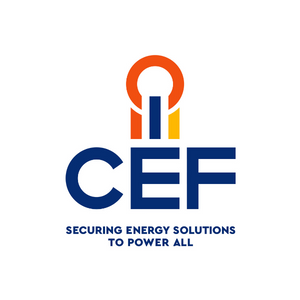
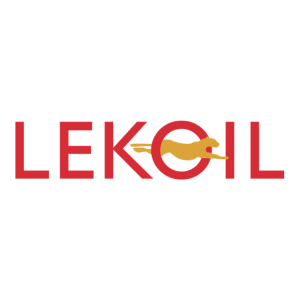
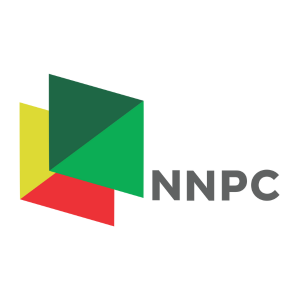
_weblogo_2.png?ext=.png)
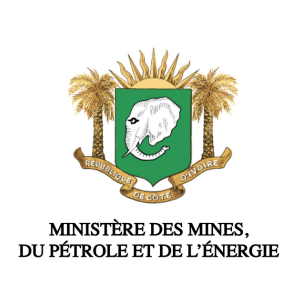

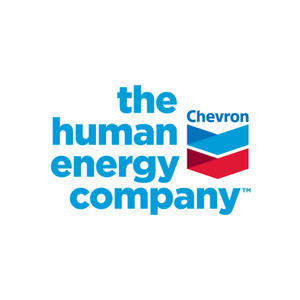

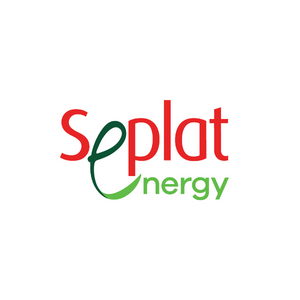




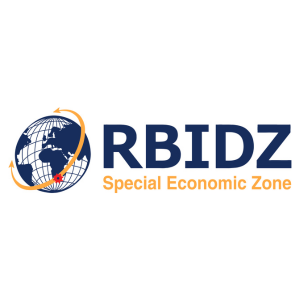

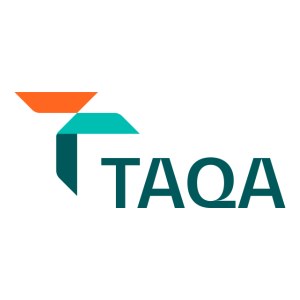
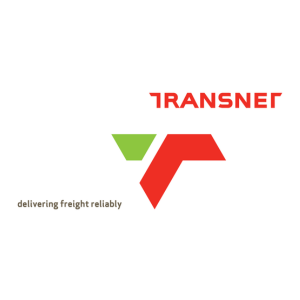

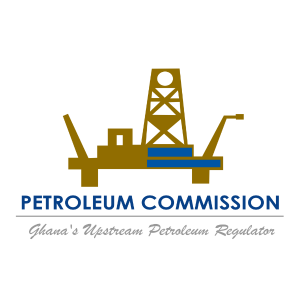
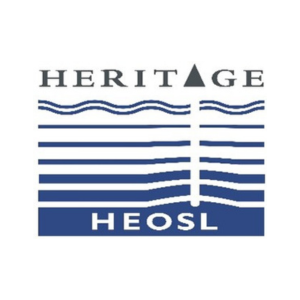
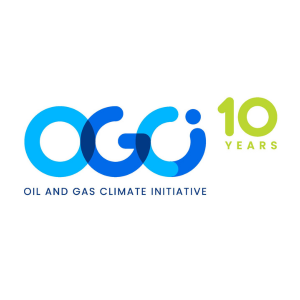
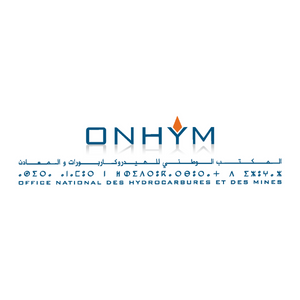
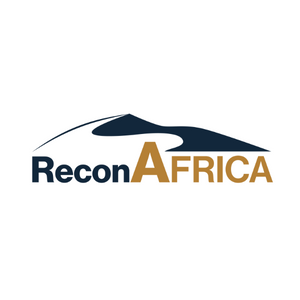
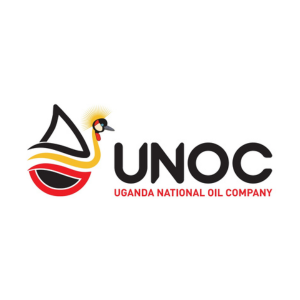
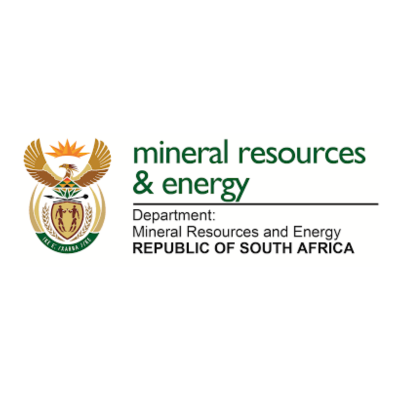
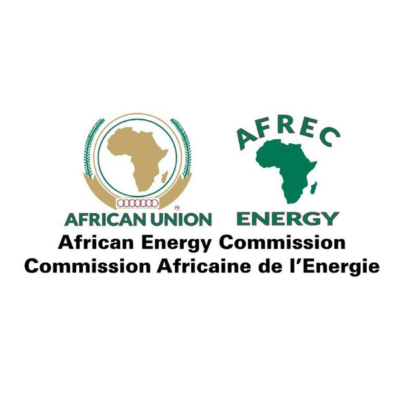
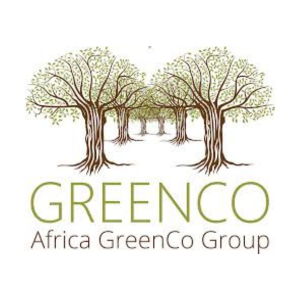
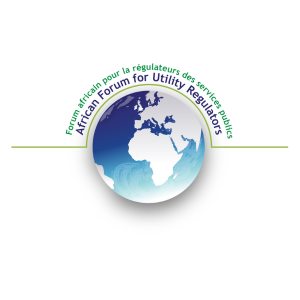
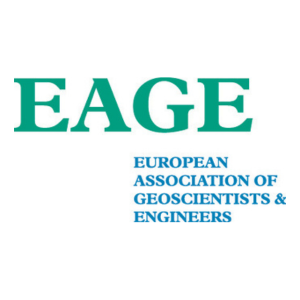
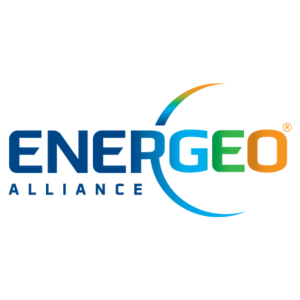
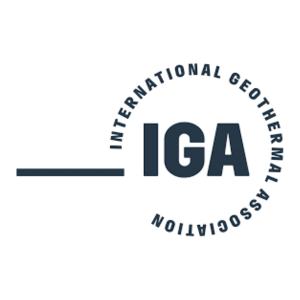
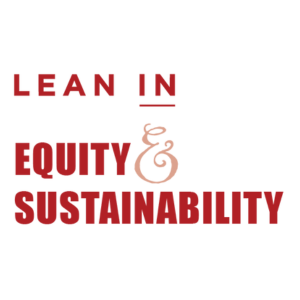

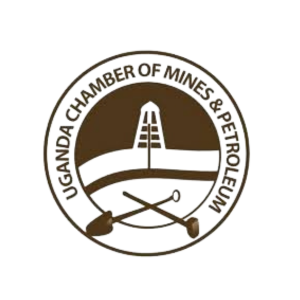



.jpg?ext=.jpg)
